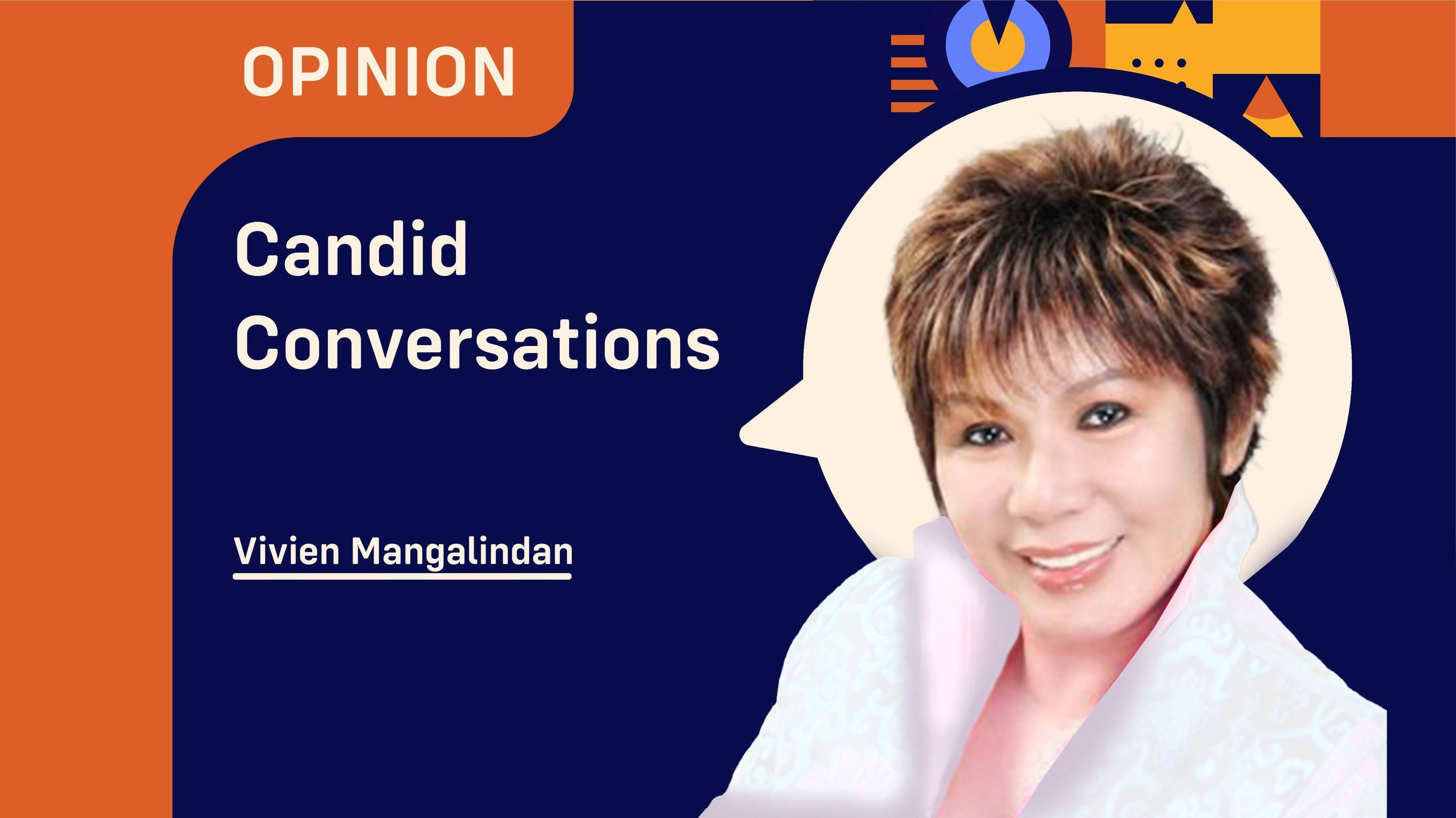THE DREADED FEAR OF FAILURE
Imagine this: you're facing a big test, an office project - or even just trying out a new hobby. The thought of not doing well can make your heart race. That's what we call the fear of failure.
It's like that little voice inside saying:
- What if I mess up?
- What if people laugh at me?
This fear might make you think twice before taking risks.
GETTING STUCK IN A RIGID MINDSET
When the fear of failure gets really strong, it can lead to a rigid mindset.
- It's like having a mental block that makes you want to stick to things you're already familiar with.
- You might avoid trying new activities - or exploring different places because you're worried you'll mess up.
- It's like staying in a cozy bubble to avoid any chance of failing.
WHY IT MATTERS FOR YOUR GROWTH
The rigid mindset might feel safe - but it stops you from learning and growing.
You know how trying a new video game level can be tough at first - but then you get better with practice? It's the same in life. Facing challenges - and learning from mistakes - actually helps you become stronger and more confident.
Be aware that the fear of failure can hold you back from reaching your full potential.
COPING STRATEGIES
How do you beat this fear and rigid thinking? Here are some strategies that can help.
1. Adopt a Growth Mindset
A growth mindset involves viewing challenges and failures as opportunities to learn and improve.
- People with a growth mindset are more likely to embrace new experiences and adapt to change.
2. Set Realistic Goals
Setting achievable goals can help you build confidence - and reduce the fear of failure.
- Gradually increasing the difficulty of goals as you gain experience can also be effective.
3. Learn from Mistakes
Instead of avoiding failures - learn from them. Analyze:
- What went wrong?
- How can it be improved?
- What lessons were learned?
These can contribute to your personal development.
4. Practice Flexibility
Developing emotional flexibility can help you bounce back from failures and setbacks. It involves:
- Maintaining a positive outlook
- Managing stress
- Adapting to challenges
TIPS AND TECHNIQUES
Don't let the fear of failure hold you back.
- Embrace new experiences
- Learn from your slip-ups
- Watch your emotional flexibility level up
Remember: Life is full of twists and turns. Start your adventure - and embrace the endless possibilities ahead.
vivienshowandtell@gmail.com
#CandidConversations #VivienMangalindan #HowToOvercomeRigidThinking #OpinYon
